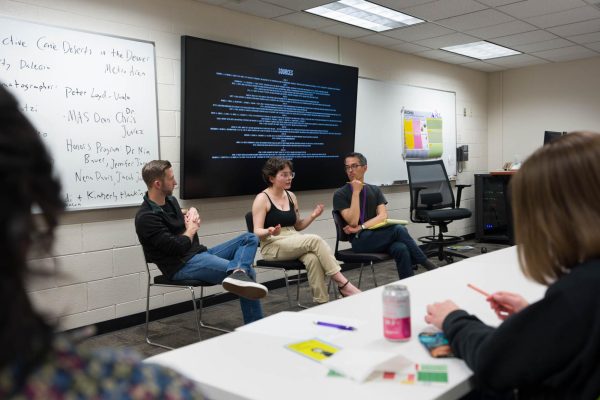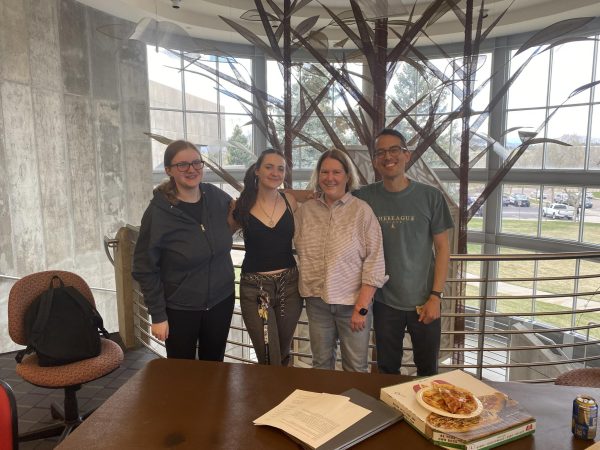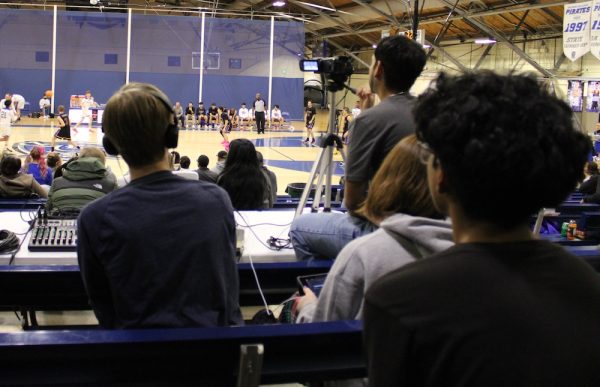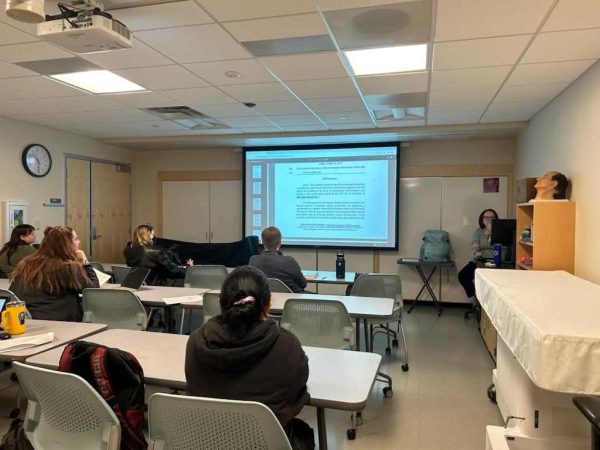Academic Advising system has changed to provide more specialization on fields of study
If you have yet to meet your new advisor, now is the perfect time to make an appointment and tackle your Spring 2016 course scheduling.
One of the changes to Academic Advising is that walk-ins are no longer accepted, students are encouraged to make an appointment ahead of time. Until recently, students at ACC could meet with any Academic Advisor who happened to be available, though that did not always produce optimal results. Before the change, all advisors were expected to have some knowledge of every type of graduation or certificate program offered at ACC.
Now, advisors are assigned to specific types of programs and, consequently, students have assigned advisors who are working within the student’s concentration. For example, Journalism students all have a shared advisor, Health Sciences students all have a shared advisor, and so forth.
This new system has many benefits for students. By having one advisor for a student to meet with, he / she can develop a dialogue with the advisor. The student can discuss his / her plans, and the advisor will be in a position to make informed suggestions to help the student meet his / her goals. This is because advisors have a narrowed scope to work within, allowing for a greater depth of communication between the advisor and the departments, as well as an increased knowledge of the options available for each degree track (transfer institutions, internships, etc.).
This is a large difference from before, when an advisor may meet with a variety of students (Art, Journalism, Auto Tech, Health Sciences, etc.) during the course of one afternoon. Instead, advisors can dig deeper into the programs they are assigned to and develop relationships with the associated faculty.
Director of Academic Advising Michael McManus hopes these changes will give Advisors a chance to get involved with students on a deeper level than simply registering them for classes. “Our value is being able to sit with students one-on-one to help facilitate the information,” McManus said “it’s less about required courses and more about the [student’s] overall goal.”
Students should view academic advising as a valuable resource and advisors as an advocate for their career goals.
“A good attitude for students to have when walking into Advising is, ‘How does this one semester fit into my overall goal,’ as well as having ideas about what that overall goal is,” McManus said.
Making an appointment and developing a relationship with your advisor early on is a good way to ensure that you are on track for graduation.
But even if you are a couple of semesters in, and you think you have the hang of registering for classes — you still could benefit greatly from meeting with your advisor. If you are thinking of switching majors or transferring to a four-year college, Academic Advising can be the best place to start working on your options.
The Spring catalog opens Nov. 2, and now is the time to meet with your advisor to give yourself the best chance for academic success. You can schedule an appointment here to meet with an Advisor in Littleton, Parker or Castle Rock.

Savannah Putman is a second-year Journalism student at ACC and plans to enroll in a four-year university in the Denver area. As a Colorado transplant, she is enthralled with the enriching culture and sense of community that Colorado...












